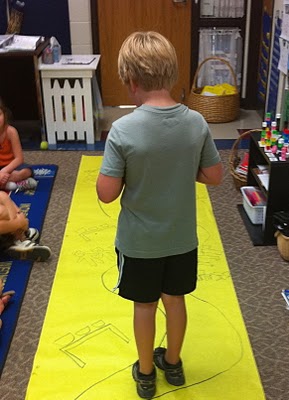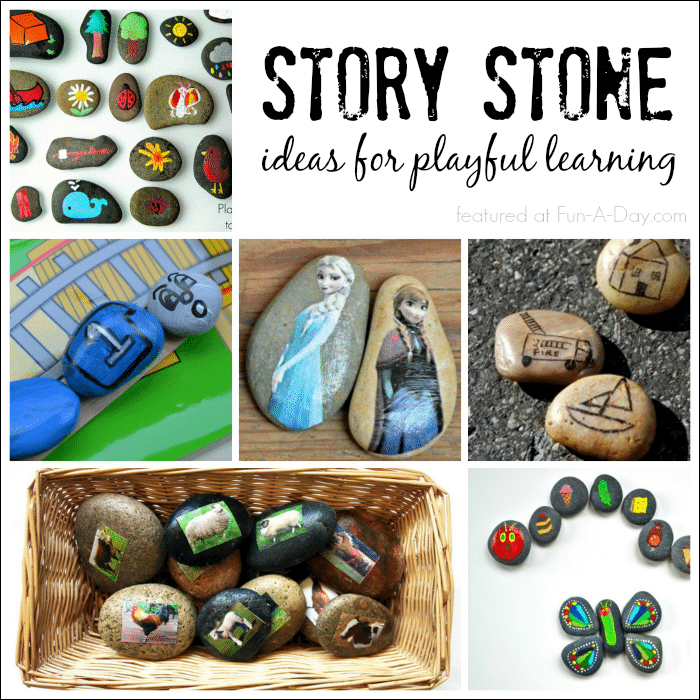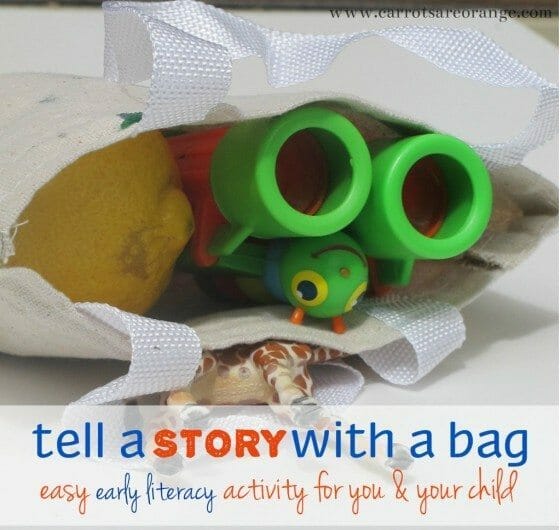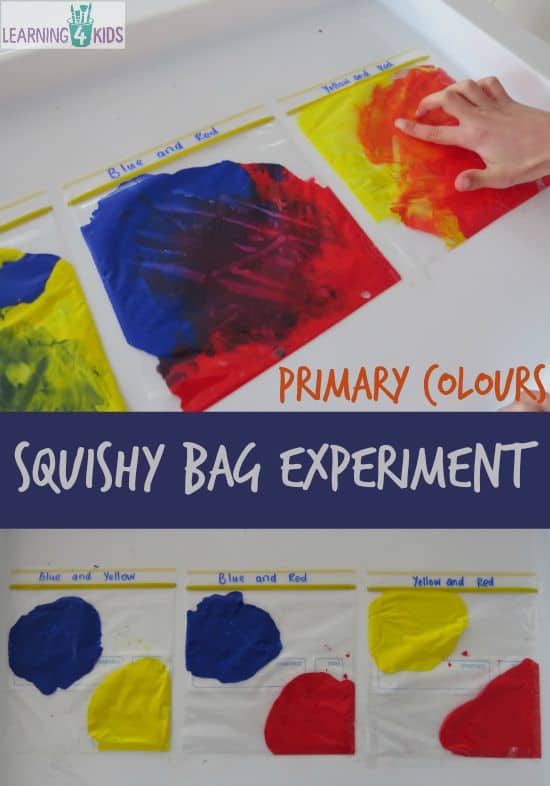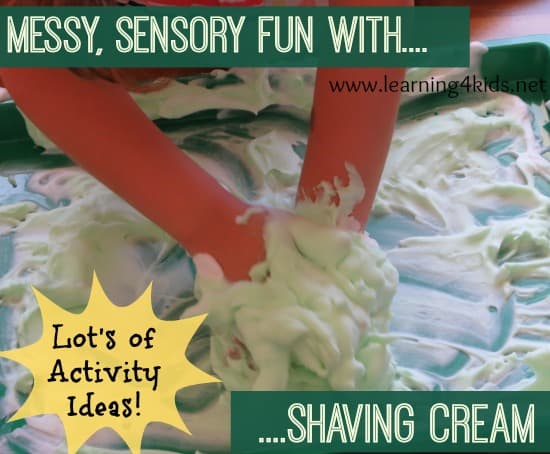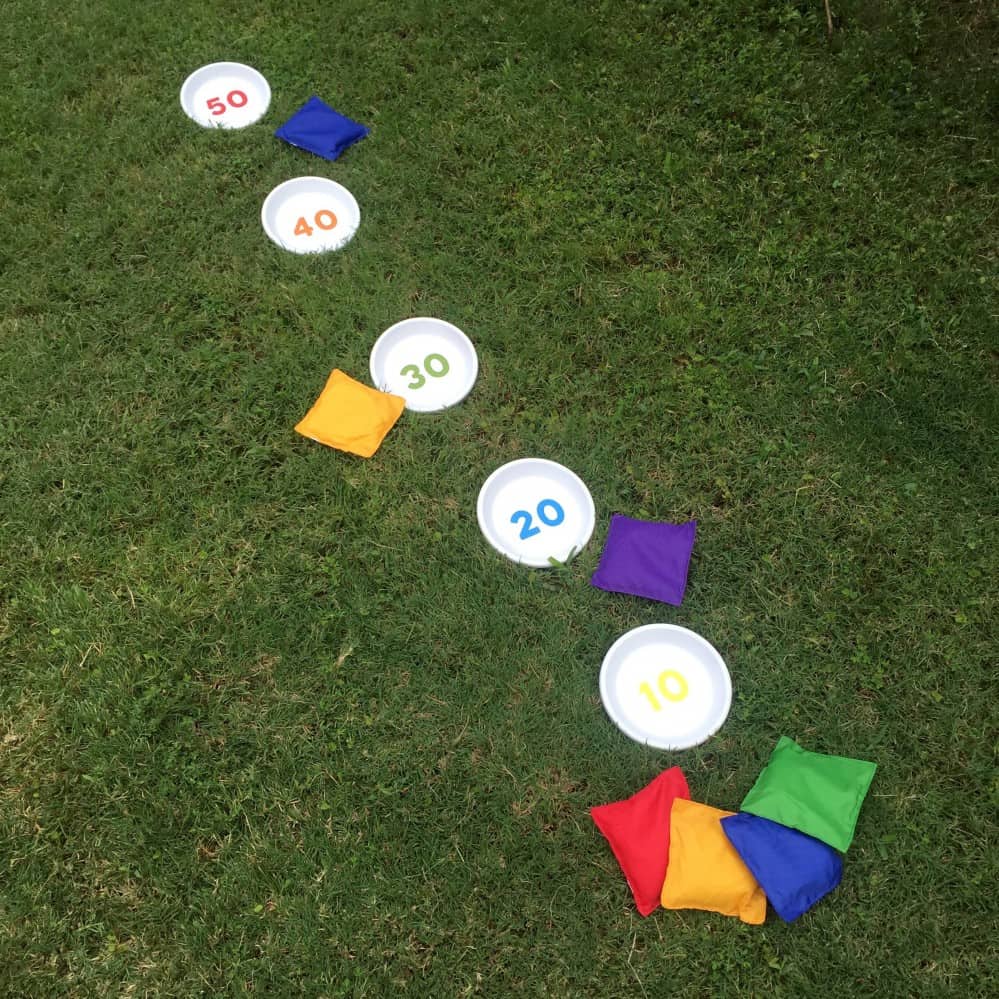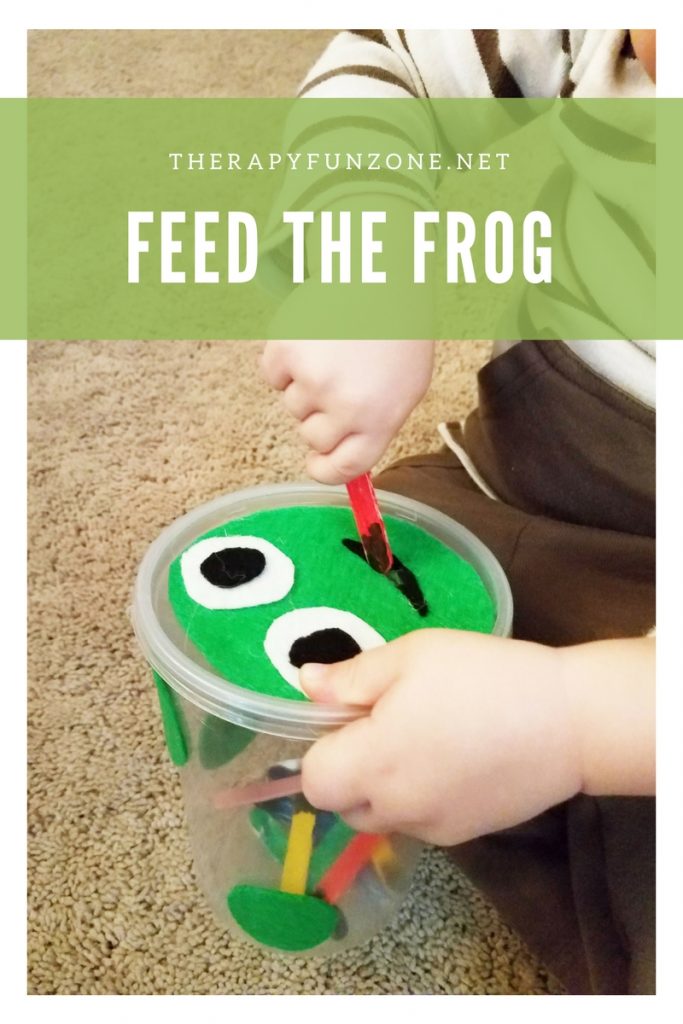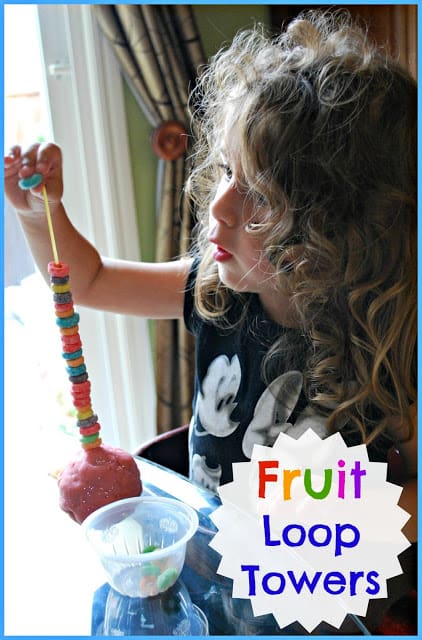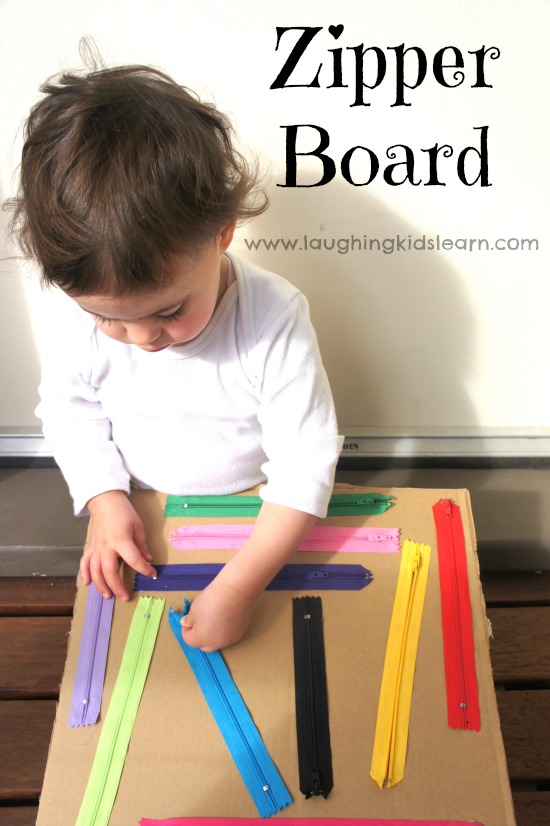Play-Based Learning Activities for Children with Autism
Posted by Jamie Merenciano
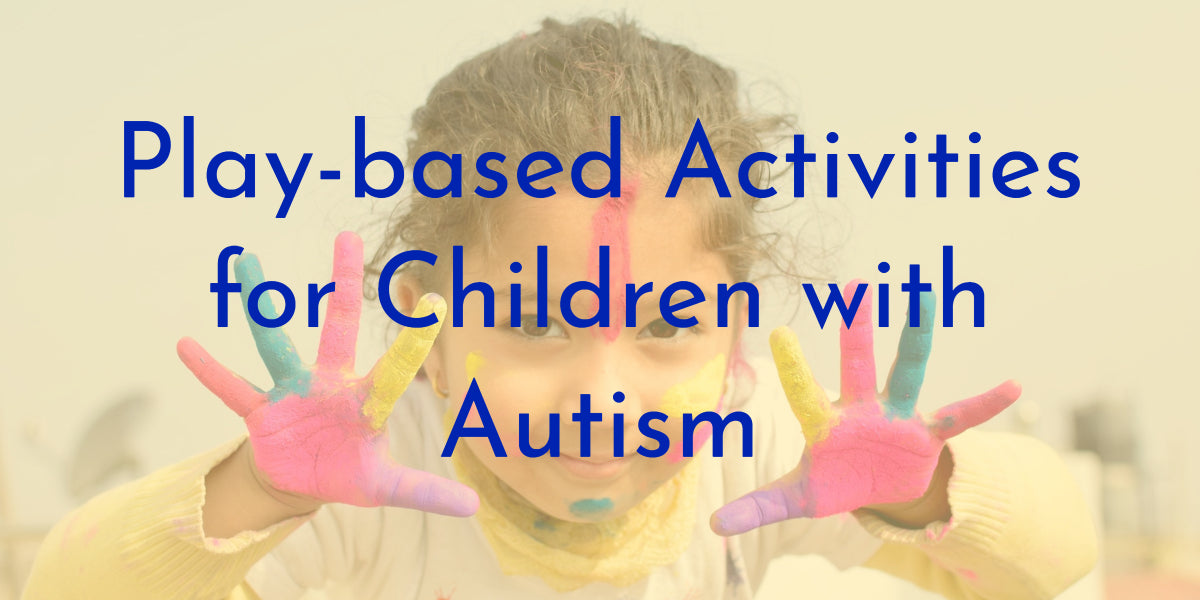

In our recent blog post, we discussed play-based learning, the many misconceptions about it and how children in the spectrum can benefit from it. In this blog post, we are sharing with you fun play-based activities you can try with your kids.
To help you identify what your child needs most, it’s best to know the learning domains or areas of child development. There are many domains of child development but we’ll focus on 4.
This is the child's ability to learn and solve problems. Language, literacy, reading and numeracy are under cognitive development.
Physical Development falls into two categories – fine motor and gross motor skills. Fine Motor skills are activities occurring with the fingers in coordination with the eyes, such as reaching, grasping, releasing, and turning the wrist. Gross Motor Development involves the larger muscles in the arms, legs, and torso. Examples of gross motor activities are running, walking, lifting, throwing and kicking.
Social-emotional development includes the child's experience, expression, and management of emotions and the ability to establish positive and rewarding relationships with others.
This is the ability to perform everyday tasks that are necessary to participate in life activities like eating and dressing up. It also includes organization and independence.
Cognitive Development Activities
- Puzzles - Solving puzzles helps with their hand and eye coordination, scanning ability and patience. The good thing about puzzles is that you can choose depending on your child’s age.
- Role Playing - Choose a story and have your child play a role. Encourage them to direct how the story goes and ask questions as you progress with the game. Props are not required but they would help make the whole experience more fun.
- Storytelling - Put a twist to your usual storytelling session by trying these:
- Math Games - Even for neurotypical kids, math can be a big no-no. Make learning math fun with these activities:
- Sensory Games - Everything we do involves one or more senses so it’s very important for our kids to learn how to use these senses to better understand their surroundings. Many kids in the spectrum are overstimulated so practicing their senses through these games can help them manage their sensory processing problems.
Physical Development
- Gross Motor Activities
- Fine Motor Activities
Socio-emotional Development
To help your child learn self-regulation, mingling with others, patience and impulse control, here are some fun activities you can try:
- Playground time
- Emotion Guessing Game
- Funny Face Flipbook
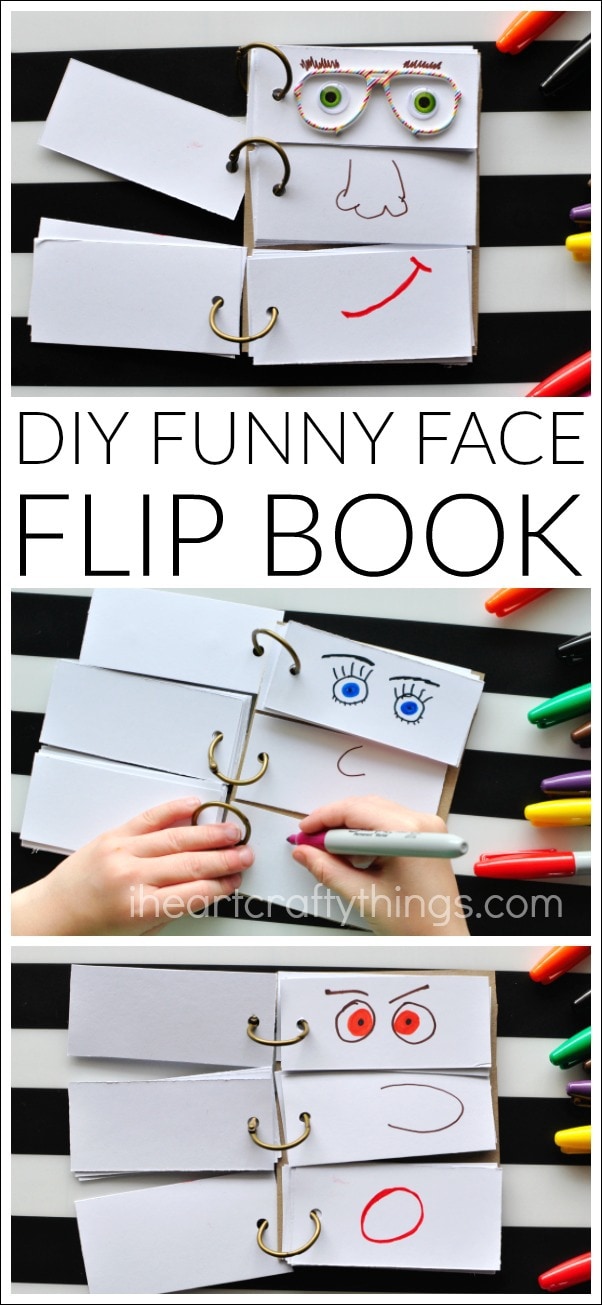
- Pass the Ball
Self-Care Development
Teaching your kids basic skills can be fun. Here are some fun activities you can try with them.
Take note that many activities can address one or many developmental areas. Aside from teaching your kids through fun games, this is also a great opportunity for you to bond with your kid and understand how they see and do things. We’ll be adding more fun activities here so make sure to bookmark this page.


